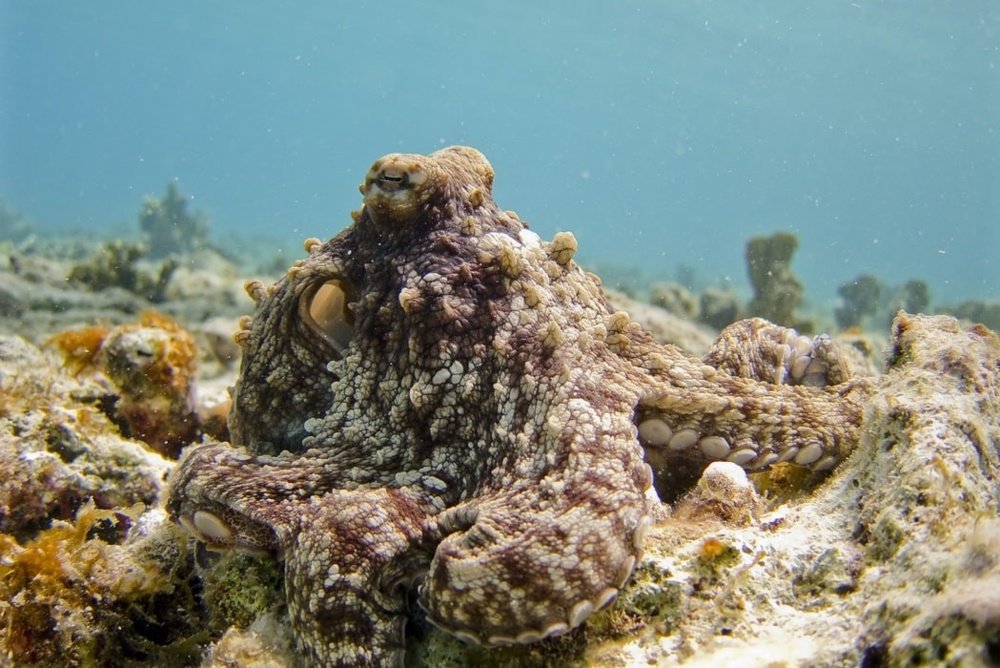
How nature is helping us fight coronavirus
The medicines derived from what little we understand of the natural world have already saved countless lives. To protect ourselves, we must protect nature.
Confirmed global cases of Covid-19 are now significantly over 130 million. The World Health Organisation have repeatedly called for the ‘backbone’ of the response to be ‘test, test, test’, as we cannot ‘fight a fire blindfolded’. The reason we as a planet are able to test for this deadly disease - as well as other viruses such as SARS and AIDS - is thanks to nature. In hydrothermal vents in the deep ocean, as well as freshwater hot springs, scientists have found enzymes which have given us the ability to manufacture test kits at a previously unimaginable speed.
Without this weapon in our collective arsenal, an already devastating pandemic would be able to spread unchecked and comparatively unnoticed. We have only accurately mapped less than 0.05% of the ocean floor, let alone actually sampled what is down there, so it is highly likely that there are many more vital tools for fighting current and future illnesses hidden in its depths. These would join the treatments for cancer, inflammation, nerve damage and HIV we have found in the tiny fraction we have knowledge of. Medicines derived from the ocean are currently under development to fight everything from malaria to other coronaviruses beyond Covid-19.
Forests have also provided us with a host of treatments. Quinine, which we get from trees found in the Andes, has been the main line of defence against malaria for decades. Childhood leukaemia is effectively tackled by treatments derived from Madagascan Periwinkle, a plant which has saved hundreds of thousands of lives on its own, and the process of understanding the potential benefits of forest plants is only really getting started. For example, species in the forests of Yunnan Province, China, have shown initial promise in tackling tumours and microbial illnesses.
Even compounds which are deadly in their raw form have given us treatments which have saved, extended and improved lives. The reason venom from snakes and other wildlife can be fatal is because of how accurately it can find and shut down key parts of our bodies. We can use this natural targeting system for good. The venom of one species of viper gives us medicines used to save the life of someone having a heart attack, and other species have given us tools to take on tumours, strokes and arthritis.
There will be revolutionary medicines we will never discover if we destroy the natural world.
Rainforest loss has demonstrably reduced the availability of medicinal plants in Amazonia for over a decade, and logging, mining and cutting roads into forests exposes us to zoonotic diseases - illnesses which make the jump from wildlife to us, like Covid-19. To quote author David Quammen, “We disrupt ecosystems, and we shake viruses loose from their natural hosts. When that happens, they need a new host. Often, we are it.”
Every habitat on Earth potentially contains invaluable genetic material we can use to save lives and reduce suffering. It beggars belief that we would destroy our own life support systems and risk multiplying the threats we face, whilst cutting ourselves off from what we need to withstand them. Incredibly, that’s exactly what we are doing.
We are strip-mining the deep ocean before we study it and we are burning forests around the globe. We are causing the sixth mass extinction event in the Earth’s history in a monumental act of self-destruction. We must change our relationship to the natural world - we must explore, not destroy, seek to live harmoniously rather than dominate, to love life, love wildlife. It is our only hope for survival.
This piece was updated on 07/04/2021 to give a new figure for global coronavirus cases.
SIGN UP FOR OUR EMAILS AND STAY UP TO DATE WITH EJF